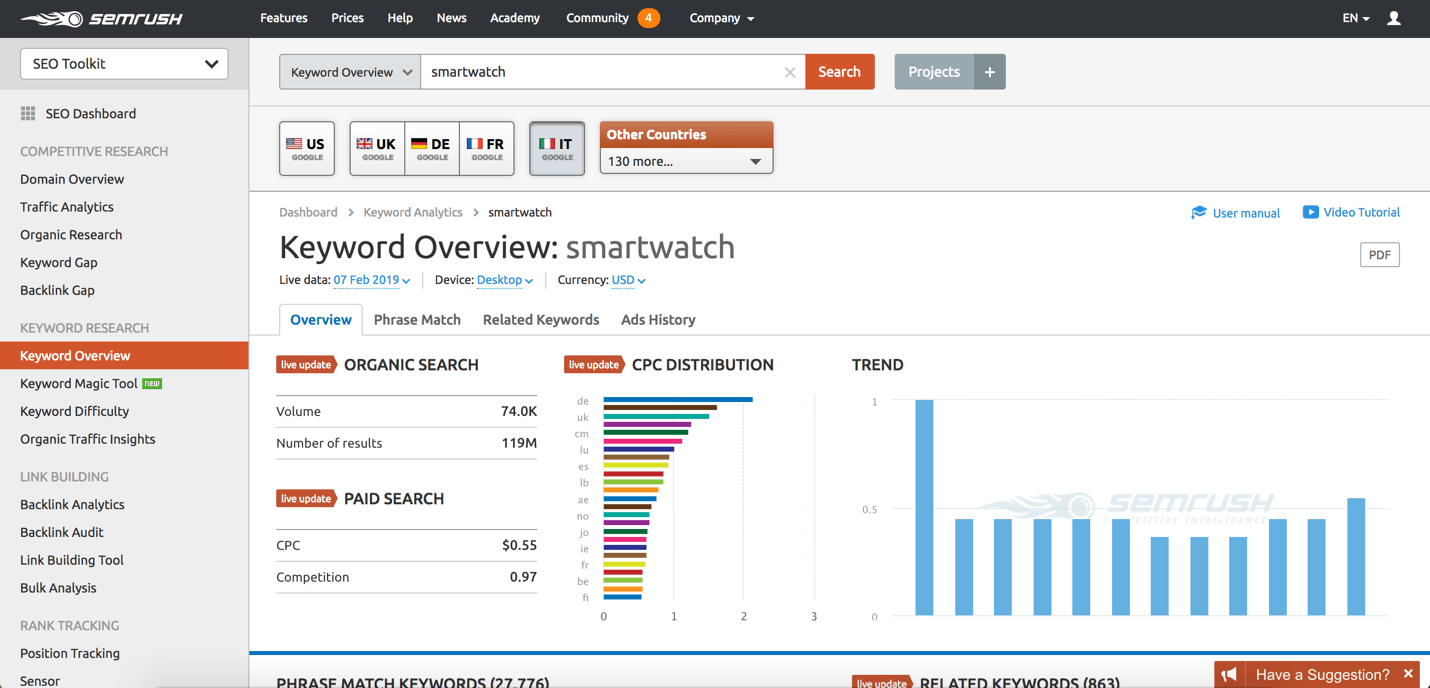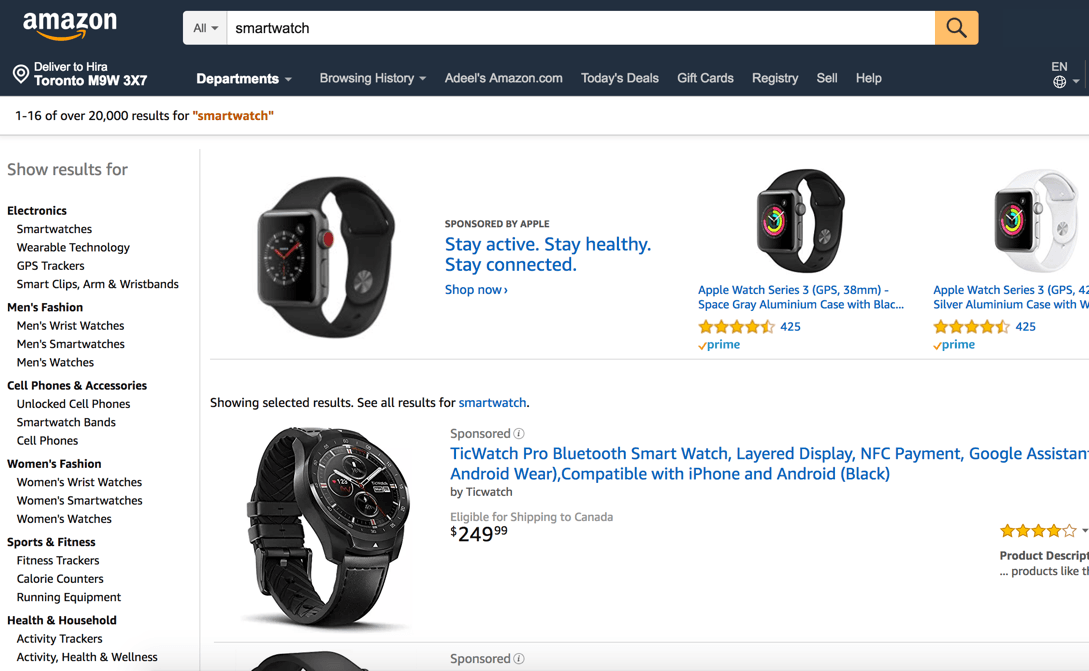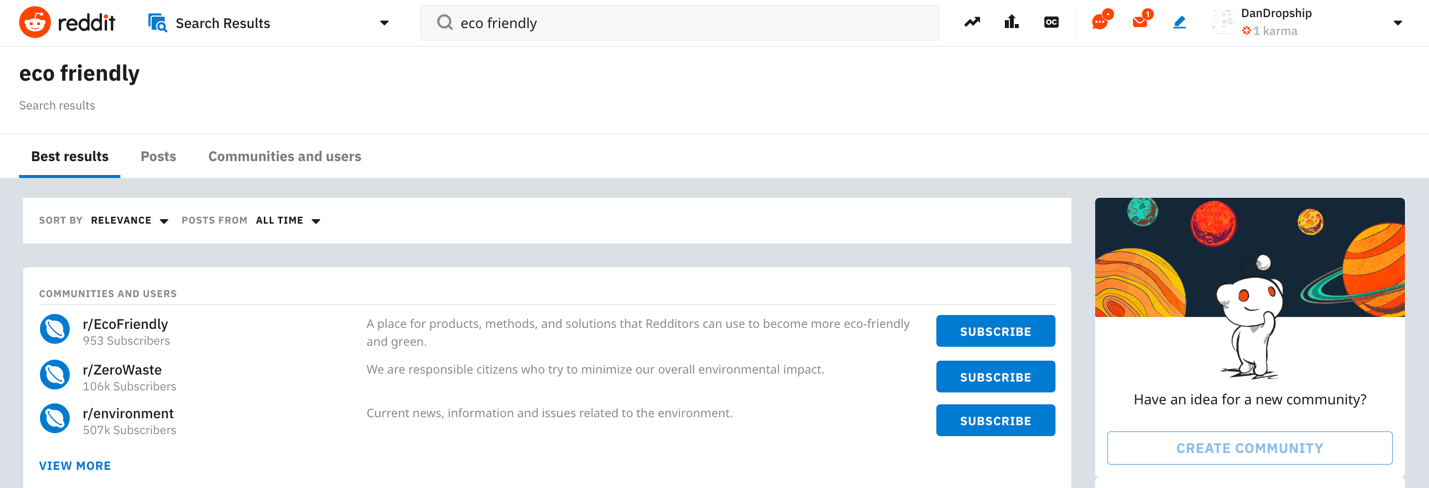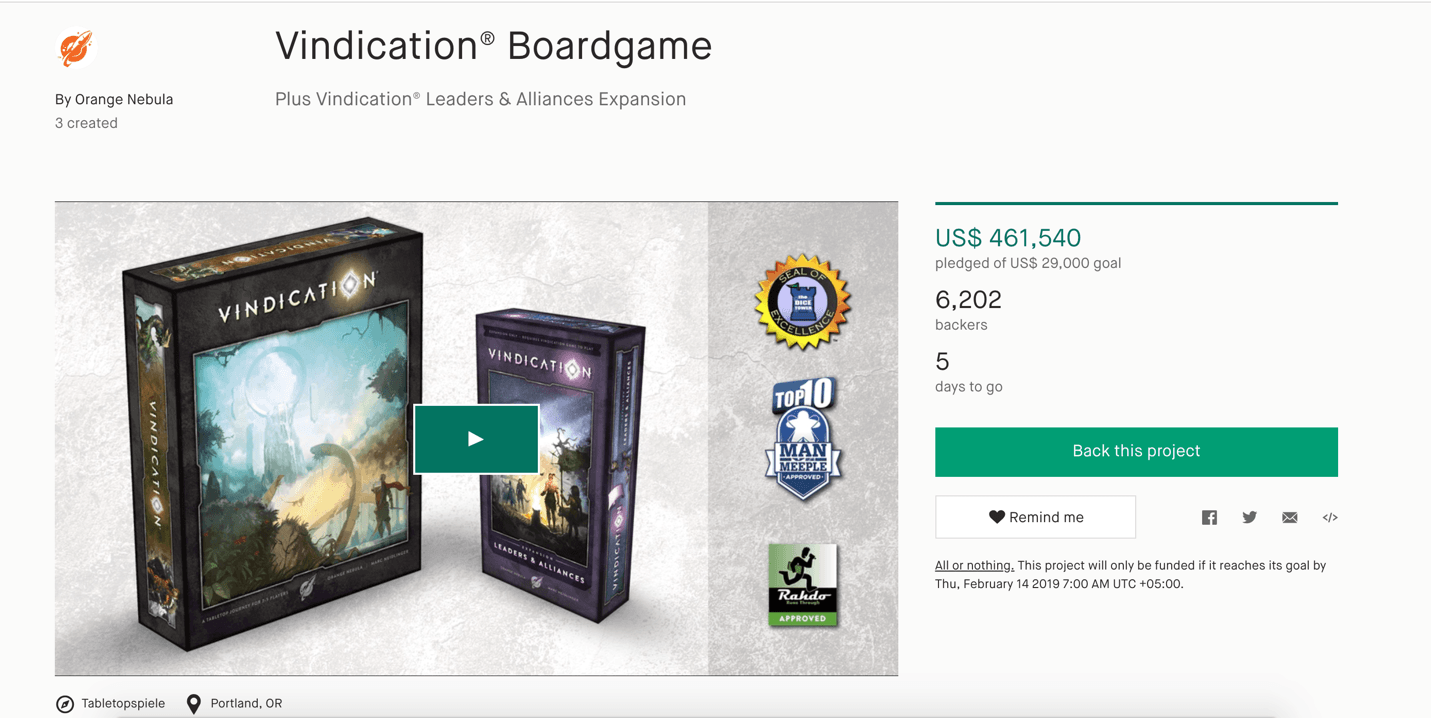Many aspiring entrepreneurs have that ‘a-ha’ moment for a world-beating business idea.
That day-dreamed glimmer of the next Airbnb, SpaceX, insert another industry revolutionizing idea that no one has thought of yet.
They tell all of their friends, relatives, and even their dog about it, and then passionately implement that idea with everything they’ve got.
You’ll find them working every moment, 24/7, and dedicating themselves to the business for weeks, months, and maybe even years.
Then, one day, you’ll wake up to the news that a promising young entrepreneur went bankrupt. And usually, it’ll be the same guy who had launched that hot new SaaS product.

It’s not because he didn’t get the business model right, but because he did not validate his business idea. I’m talking about basic market analysis.
The reality is that 9/10 ventures fail, and the majority of owners crash and burn very early on in their careers, which is why we always advise entrepreneurs to perform market analysis before diving head-first into an uncharted business territory.
Don’t make the rookie mistake of working on an idea that has no demand. Idea validation can save you time and money by giving you a good feel as to whether your product or service appeals to your target market.
Below is a deep dive that will allow you to be effectively thorough in your market analysis. If you’re starting out, we personally recommend using the following strategies to see whether or not you’re onto something people want.
In this chapter, we’ll discuss:
- How to conduct a market analysis to evaluate the need for your business idea
- Getting direct feedback from your target market for the best insights
- How to build an MVP (minimum viable product) to make sure you don’t go all-in before knowing if your idea will work
Let’s do this.

Don’t wait for someone else to do it. Hire yourself and start calling the shots.
Get Started FreeConduct a market analysis
A great first step in business idea validation involves carrying out some market research to see how much demand there is for your product or service.
Fortunately, you don’t have to wait for the latest industry report to come out, as there’s an array of online tools that offer real-time data on target market preferences. This can help you conduct an accurate market analysis to validate your business idea.
One way is to use a keyword tool and see how many people are searching for your offering. A good benchmark is that if it receives over a thousand searches each month, there’s a fairly decent market for it.
While you’re likely to face more competition in such markets, it’s better to go with a proven idea than to put your time and energy in a dud. We recommend using SEMRush, excellent when it comes to seeing keyword volume.

If you’re looking for additional market research methods, another way is to check the Amazon marketplace. If it seems like your product is popular with a lot of different sellers, then it’s certain that there’s a big market out there.
For example, Amazon shows 20,000+ results for ‘smartwatch,’ meaning it’s a popular product amongst sellers.

Be sure to go through the reviews as well and see what concerns buyers have if there are any. This is handy information because it can help you think of all the different ways in which you could serve your target market better.
Talk directly to your target market
The goal here is to create a feedback group consisting of people from your target market, and having conversations with them to find out if they’d be willing to pay for the product or service you’re building.
The feedback group can consist of:
- Friends
- Family
- Former classmates and colleagues
Keep in mind that you don’t necessarily want to place those closest to home in your early feedback group. If you do, make sure these friends and family members are within your target so you don’t waste time speaking about an idea they’d fail to grasp.
To highlight an example, if you’re considering getting feedback on eco-friendly luggage as a means to validating a bigger organic furniture business you’re planning on pursuing – begin by evaluating if your immediate network is a good fit for buying your natural furniture. Their recycling and fuel consumption habits, for instance, would indicate to you whether they’ll be interested in naturally-made furniture.
However, if you don’t feel comfortable pitching your idea to those closest to you or you don’t have a big personal network for market analysis, there are still loads of ways to find audiences who’ll give you feedback on whatever product or service you’re planning to launch.
Outside of your personal network, you should be able to find a targeted audience in the following places:
Facebook groups
Facebook has tons of topically relevant groups you could join and participate in.
For example, if you’re looking to validate the same eco-friendly furniture business idea, you should consider joining groups like Eco friendly products, Eco-friendly crafters and entrepreneurs and Hippie Haven: Living an Ethical + Eco-Friendly lifestyle.

You can find relevant groups to join by searching for your target market and clicking the ‘Groups’ tab at the top of the results page.
Reddit is another great place to start an online discussion about nearly any business imaginable. Members vote on discussions and topics they find important, with hot stories rising to the top and bland ones sinking.
It’s relatively quick to start a discussion on this site, so you can certainly get some people to give you unbiased feedback on your business idea. As there are quite a few discussions, make sure you post your idea in an appropriate subsection (known as subreddits on the site).
For an eco-friendly products business, you can join subreddits like r/Ecofriendly and r/environment to share and receive constructive feedback on your idea.

Reddit is all about sharing, so it’d be best to start by commenting on other peoples’ threads before you create your own discussions for market analysis.
Online forums
The internet has a forum for virtually anything in existence. You can find relevant forums by searching ‘your industry name + forum’ on Google.
For example, Google will give you the following results for ‘eco friendly forum.’

With a bit of research, you should be able to find relevant forums to join.
When it comes to online forums, your approach to getting feedback should be the same as for Reddit and Facebook – that is, building relationships with members and requesting them to give feedback on your idea.
To get the best results, ask genuine, open-ended questions from the members without asking them to fill out a form, visit a webpage or take any other action apart from replying to your comment. Keep it dead simple. Below is a script you to help get you started:
Hey folks, I’m planning to launch a [product, app, service] related to [niche]. What frustrates you the most about similar solutions out there? Would you be willing to pay for a [product, app, service] that offers [value proposition]?
Depending on where you post, you can get anywhere from one to a dozen replies to your questions.
Build an MVP (minimum viable product)
Starting a new business is always a huge risk. But the good news is there are ways to lower (and even eliminate) it. How? If 100% of entrepreneurs built a minimum viable product to validate their ideas, we’re certain they could bring the risk down significantly.
The minimum viable product is a demo or first version of a product or service. It has enough features of the main offering to satisfy the core needs of initial customers, and collect maximum feedback for future improvements.
Why put time and money in creating an MVP? Well, there are several advantages of testing your business idea with an inexpensive test solution.
For example, you have plans to launch a product with five features that you simply assumed would be beneficial to your target market. But when you introduced it to people (without testing), you found they only interested in two of those five features. Hence, you ended up working on three things that are of no interest or value to your audience.
With an MVP, you can discover exactly what your prospects desire before you work on the actual idea. You can also get valuable feedback that could positively impact future business or product developments – market analysis made easy!
Cost-effective ways to build an MVP
Contrary to popular belief, building an MVP doesn’t require you to know coding or put money in a development lab. Here are a couple of efficient and inexpensive ways to create and test the first version of your product.
Crowdfund
Crowdfunding websites like GoFundMe and Kickstarter offer new entrepreneurs an opportunity to validate their business idea through pledges before introducing it to the world. Though popular for fundraising, these sites also contain an intriguing collection for MVPs, where consumer demand is measured through pledges.
Here’s an example:

The creator of this board game has listed several tiers for pledges, and most of them include a minimum viable product (not the whole package).

Taking this route to validating your business idea has unique benefits. The biggest advantage is that you can access to a large pool of early adopters. These individuals will have some great feedback to offer and are often willing to contribute to a given product’s success.
If crowdfunding seems doable to you, be sure that you have a variety of marketing materials on hand. Successful campaigns often include compelling videos, fascinating narratives, and offers that motivate pledgers. If you’re able to reach your crowdfunding goal, you can be certain that your business idea will work.
[highlight]Crowdfunding is also a great way to finance a startup business. We’ll take a look at it from this angle in Chapter 6.[/highlight]
Put up a landing page
Another straightforward way to create a minimum viable product involves putting up a landing page. Landing pages are standalone one-page sites that can be used to outline the benefits of a product or service. Tools like Unbounce and LeadPages allow you to create landing pages at a mere cost.
You can use a landing page to highlight your value proposition. Include one call-to-action to encourage pre-orders and/or email subscriptions. Drive traffic to this landing page by posting its link in communities, forums, and create a few ads.

Top landing page tools also boast analytics that can give you a behind-the-scenes look at your audiences’ website activity. As you analyze the results, look for at least a hundred transactions or a 5 percent conversion. These metrics are a good indication of a validated business idea.
By now, you should have made a decision about what idea to pursue and what to let go.
The next phase requires you to choose a business model. Onwards to Chapter 5!



